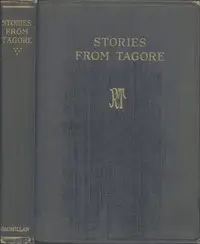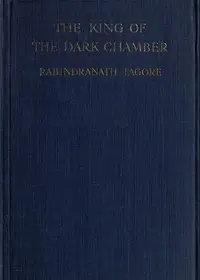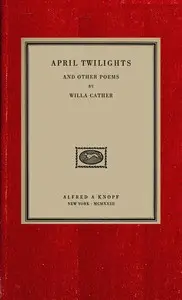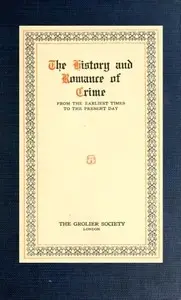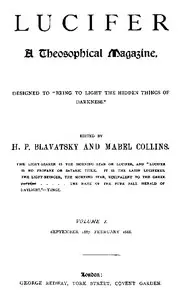"Sadhana: The Realisation of Life" by Rabindranath Tagore is a philosophical work written in the early 20th century. The book explores the nature of human existence, especially focusing on the connection between the individual and the universal spirit. Tagore draws insights from Indian spiritual traditions, particularly the teachings of the Upanishads, emphasizing the importance of self-realization and the harmonious relationship between the self and the cosmos. The beginning of the work presents an author's preface that outlines the intent behind the essays collected in this volume. Tagore expresses a desire to connect Western readers with India's ancient spiritual insights while noting that these writings are not academically or philosophically pedantic. The opening portion delves into the relationship between the individual and the universe, contrasting the isolation often felt in Western civilization with the interconnected nature of existence as understood in Indian thought. It highlights how understanding one's place within the cosmos leads to a deeper appreciation for life and an acknowledgment of the unity of all creation, setting the stage for the exploration of themes such as love, compassion, and the ultimate realization of the soul. (This is an automatically generated summary.)
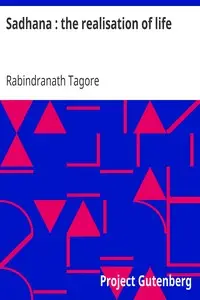
Sadhana : the realisation of life
By Rabindranath Tagore
"Sadhana: The Realisation of Life" by Rabindranath Tagore is a philosophical work written in the early 20th century. The book explores the nature of h...
Rabindranath Tagore was a Bengali poet, writer, playwright, composer, philosopher, social reformer, and painter of the Bengal Renaissance. He reshaped Bengali literature and music as well as Indian art with Contextual Modernism in the late 19th and early 20th centuries. Author of the "profoundly sensitive, fresh and beautiful" poetry of Gitanjali, in 1913 Tagore became the first non-European and the first lyricist to win the Nobel Prize in Literature. Tagore's poetic songs were viewed as spiritual and mercurial; where his elegant prose and magical poetry were widely popular in the Indian subcontinent. He was a fellow of the Royal Asiatic Society. Referred to as "the Bard of Bengal", Tagore was known by the sobriquets Gurudeb, Kobiguru, and Biswokobi.

